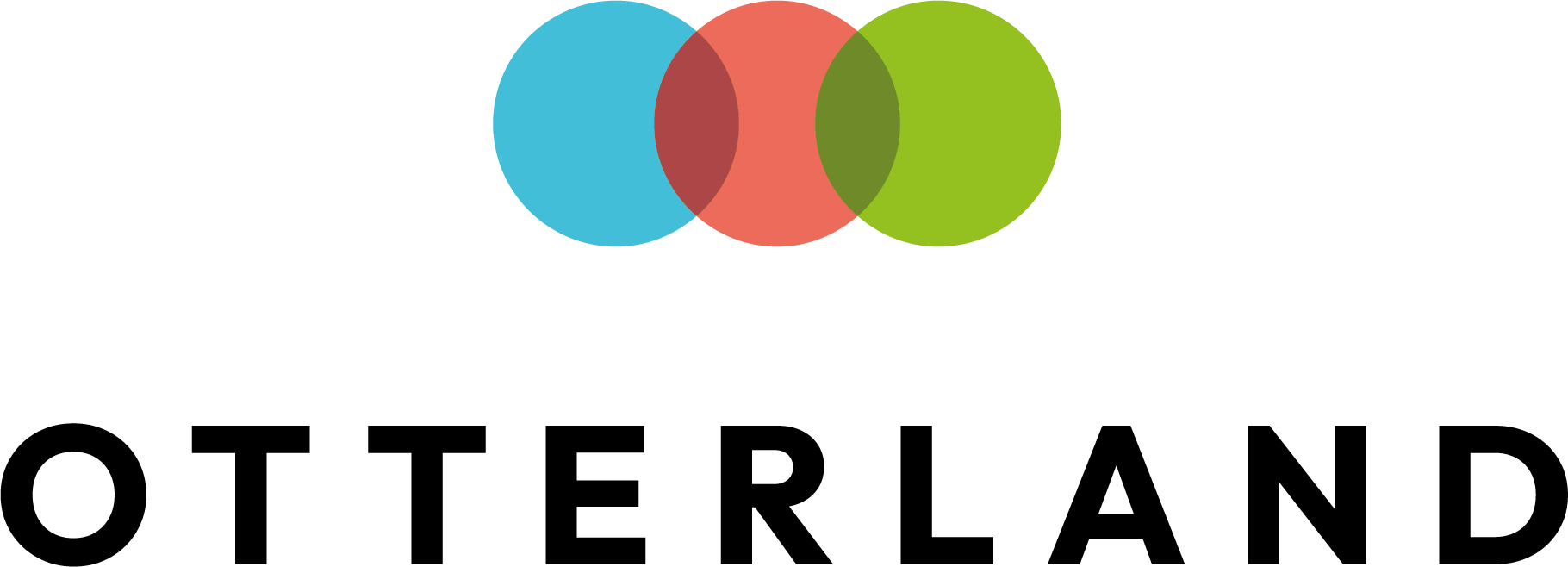Deutschland wieder Otterland
The nationwide reconnection of aquatic landscapes for the FFH species otter (Lutra lutra)

Projektmanagement: Dr. Annegret Grimm-Seyfarth
Bearbeitung NSF: Veronika Koch, Dr. Juliana Menger, Dr. Claudia Tavares,
Luna Raatz
Bearbeitung UPOL: Stephanie Jütersonke, Dr. Julian Rode
Förderung durch: Bundesamt für Naturschutz, Bundesprogramm Biologische Vielfalt
Projektlaufzeit: 01.12.2023 - 30.11.2028
Kooperationen: Deutsche Umwelthilfe e.V., Hessische Gesellschaft für Ornithologie und Naturschutz e.V., Rewilding Oder Delta e.V., Biologische Station Haseniederung e.V., Biologische Station Ravensberg im Kreis Herford e.V., Stiftung Natur und Umwelt Rheinland-Pfalz, Naturschutzinstitut Region Dresden e.V.
Project description
Fragmentation and destruction of natural watercourses, hunting and pollution have led to a sharp decline in the previously stable otter populations in Germany. In many German states, the former common inhabitant of our waters was even considered extinct. Although populations are slowly recovering in many regions, the otter is still categorised as ‘endangered’ in Germany. For this reason, Deutsche Umwelthilfe e.V. (DUH, Environmental Action Germany), the Helmholtz Environmental Research Centre Leipzig (UFZ) and six regional nature conservation organisations have joined forces as part of the project ‘Germany back to Otterland - The nationwide networking of water landscapes for the otter’. The project aims to monitor and support the south-westward spread of the otter in Germany by reconnecting water landscapes. Measures are taken in nine model regions to improve the habitats of animals and plants and to reduce hazard points, problems and conflicts in these regions. From this, we are developing planning tools to better assess the impact and costs of measures. Furthermore, we analyse social and economic influences on attitudes and behaviors of relevance for reaching our project goals. The results aim to promote otter protection and biotope networking throughout Germany. The UFZ is responsible for the accompanying scientific research and project evaluation. Among other methods, we also use our wildlife detection dogs.Ecological Project Support
The accompanying ecological research focuses on otter protection, biotope connectivity and conflict management, while considering the implemented measures in the model regions. We specifically evaluate the effectiveness of these measures in order to make well-founded statements about their success, identify potential for optimisation and make recommendations. In addition, existing scientific, planning and legal principles are supplemented by modern methodological approaches in order to develop targeted planning tools such as maps and a comprehensive database. Conclusions on the current and potential future dispersal behaviour of otters are derived from genetic studies in three selected model regions and will also be taken into account. In future, the planning tools will support the concrete implementation of measures, make it easier to evaluate progress and serve as a basis for efficiency analyses and comparative studies.
Social Scientific Project Support
The accompanying social science research analyses the social aspects of the otter's recovery and the planned measures for the renaturation of aquatic landscapes. To this end, we use surveys, expert interviews and participatory exchange formats to survey the attitudes of local stakeholders towards otter conservation, analyse areas of conflict and their backgrounds and identify potential for human behavioural change in line with the project objectives. Based on this, we develop instruments and interventions to counter conflicts and support the protection of otters and the biotope network (e.g. through otter counselling, funding instruments, management plans).
Project Evaluation
The progress of the project is evaluated in collaboration with the UFZ departments NSF, UPOL and the lead partner Deutsche Umwelthilfe e.V. (Environmental Action Germany). Following the concept of formative project evaluation, measurable indicators are used to continuously assess whether we reach the previously defined sub-goals within the various work packages over the course of the project.
Further Information
The project is funded by the Federal Agency for Nature Conservation (BfN) with funds from the Federal Environment Ministry as part of the Federal Biological Diversity Programme.
Project website: www.otterland.info
